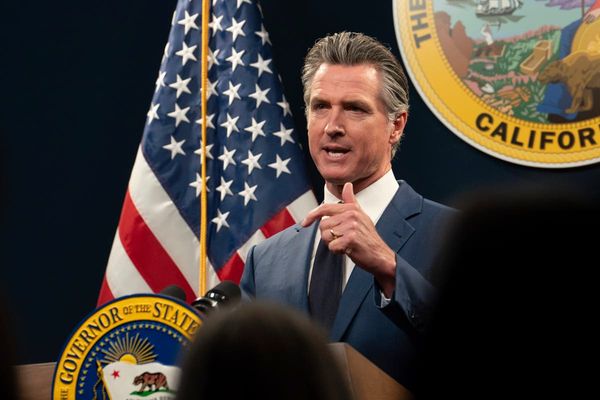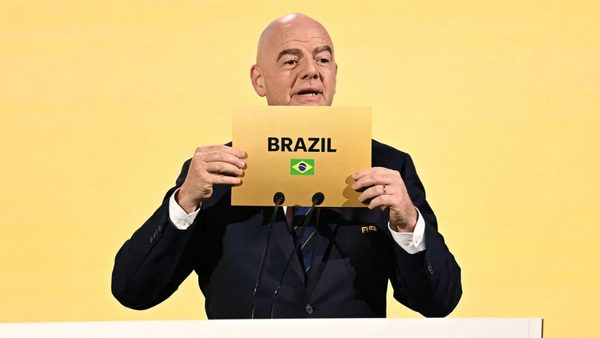
As a doctor training in obstetrics and gynaecology, I read your article on the families affected by sodium valproate with interest and then dismay (The mothers fighting a scandal bigger than thalidomide: ‘We were told the medication was safe’, 22 February). Although it’s clearly tragic that these women weren’t effectively counselled on the potential dangers of their medication regime for their unborn children, it cannot be ignored that valproate can provide a life-saving or life-enabling treatment option for some patients living with epilepsy.
Media coverage that fails to recognise this risks doing further harm by only presenting one side of the story. Current guidelines state that valproate should never be the first-line treatment for women of child-bearing age, but it remains a very effective anti-epileptic drug, and in difficult cases it may present a safer alternative to polypharmacy (itself associated with an even higher risk of congenital malformations – 16.8 per 100, compared with 10.7 per 100 for valproate or 2.3 per 100 for the background population), or poor seizure control.
Women with epilepsy have a tenfold increased risk of mortality in pregnancy, and suddenly stopping or changing medications puts them at risk of escalating symptoms, with potentially fatal or disabling effects. Women need to be presented with all the available information and how it relates to their own case, but this will only be possible with adequate access to epilepsy services, good communication between primary and secondary care providers and – ideally – pre-pregnancy counselling and family planning.
Dr Ellis Rea
Edinburgh
• I retired from working in a fertility clinic in 2009. It was our standard practice for many years before that to ask GPs of all our patients with epilepsy to change their medication from sodium valproate to something else because of the risk of teratogenesis. How come babies are still being born affected by the drug when the information has been widely known for upwards of 25 years?
The drug company Sanofi says that it cannot change the information it provides to patients without the agreement of the health authorities in the country where the drug is being prescribed. How come the Committee on Safety of Medicines made a decision not to warn patients because the “risk was low” and it didn’t want to alarm patients without regular reviews to establish what the risks were?
Presented with incontrovertible evidence of the harm caused by the government agency, the refusal to admit liability and provide compensation is yet another instance of this shameful government avoiding responsibility for its actions.
Dr Barbara Skew
Clevedon, Somerset
• My heart goes out to these women and all those who have been affected by such a huge miscarriage of medical justice.
I was diagnosed with epilepsy when I was 12. After being put on a variety of medication to control my seizures (I was having 40-50 a day at the time), I was prescribed sodium valproate (Epilim) in combination with clobazam (a benzodiazepine-class medication).
In 1996, while at college, I became pregnant. It was unplanned. I visited my doctor at the time, who informed me that there was a high chance that any child I had while taking the medication would be born with severe disabilities. I made the difficult decision to have a termination.
In the early 2000s, against my then GP’s advice, I decided to stop taking the medication. I was no longer experiencing seizures and, armed with the information I was given by my doctor back in the mid-1990s, I wanted to reduce any potential risks to future pregnancies.
I was lucky. At a pivotal point, I’d had a doctor who was aware of the health risks associated with children who were exposed to Epilim in the womb. This knowledge enabled me to make informed decisions. I now have a healthy 11-year-old daughter.
I wish I could remember the name of the GP at Gayton Road health centre in 1996. I am for ever indebted to her.
Name and address supplied
• Our son was diagnosed with epilepsy at seven and used valproate for a number of years before (hopefully) switching to a safer alternative. But I worry now about the effects of valproate during those years of intense growth and development. As any parent with a child taking long-term medication, one hopse that the pros outweigh potential cons.
What I really would like to address here is the general lack of investment and understand of epilepsy. It is one of the most common paediatric diseases, approximately 0.6% of children diagnosed compared with 0.3% for diabetes or 0.03% for cancer. Over a lifespan, people with epilepsy have higher rates of depression, suicide, disability, discrimination and sudden unexpected death.
Yet new medications and treatment for epilepsy are slow. Funding for epilepsy treatment has remained at the bottom of the barrel for years. This lack of interest by both pharma and government policies surrounding funding has allowed the current situation of valproate to emerge. There is more support for funding of rare diseases than there is for epilepsy, which has seen declining funding for years.
It is so unfortunate it has taken so long for the recognition for victims of valproate to come to light, hopefully one good thing emerging is more funding for safer epilepsy treatments.
Willemien Schurer
London
• Have an opinion on anything you’ve read in the Guardian today? Please email us your letter and it will be considered for publication in our letters section.







